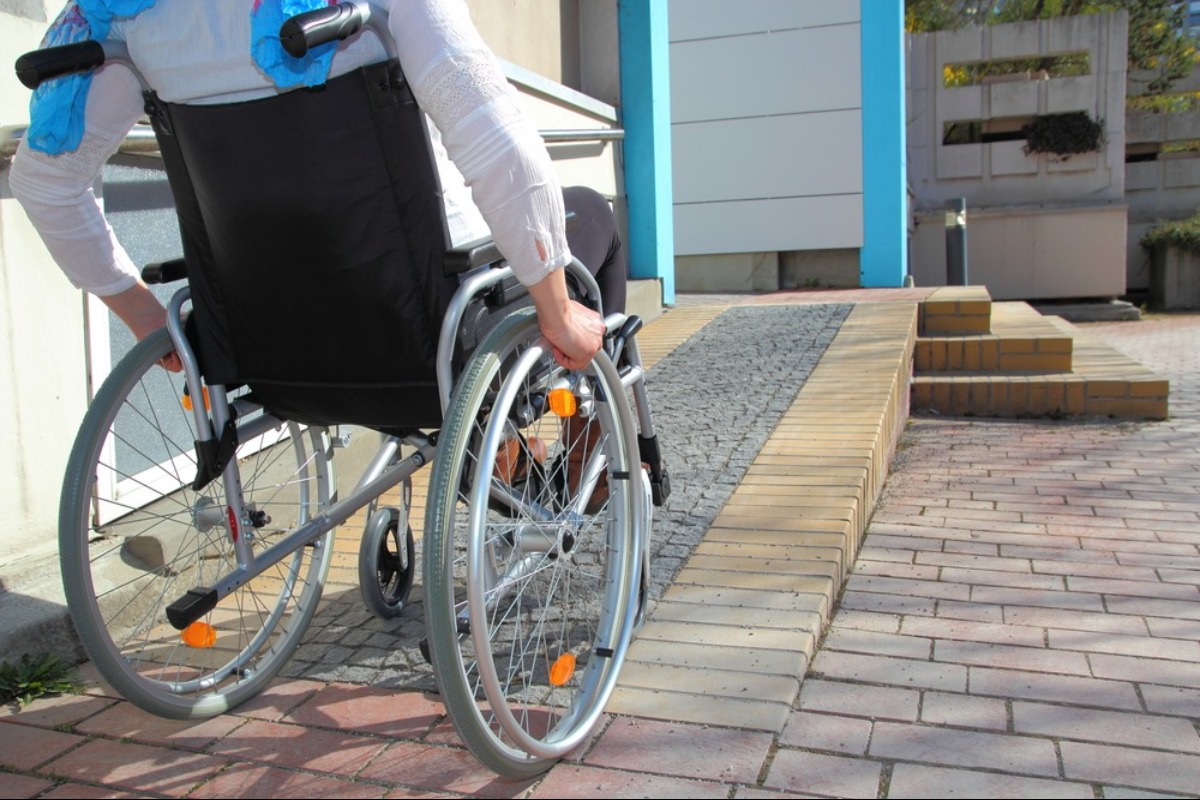
30 Apr, 2024/ by National Accident Helpline /News
What is a catastrophic injury?
The term catastrophic injury is often incorrectly used. However, there is not one universal definition of catastrophic injury. A commonly used definition describes a catastrophic injury as one which is severe to the brain, spinal cord or spine. A catastrophic injury can also include:
- skull fractures
- spinal fractures
- losing a limb
- severe burns
- amputations
- organ damage
- multiple bone fractures
Whichever area of the body this personal injury affects, to be catastrophic it will cause permanent or long-term serious:
- disfigurement or
- functional disability
Catastrophic injuries can also be referred to as serious or life-changing injuries. Such injuries can affect a person in many ways. For example:
- cognitive dysfunction
- problems with speech
- limited mobility
- full paralysis
- partial paralysis
- respiratory problems
- circulatory problems
- exaggerated reflexes
- chronic pain
- infections
- loss of bladder control
- loss of bowel control
If you are unfortunate enough to sadly suffer from a catastrophic injury, you may need medical treatment for life and potentially multiple surgical procedures.
What are house adaptations?
House or home adaptations are changes made to your home. These changes make it easier for you to go about your everyday tasks. This is because they make your home safer and easier to move around. House adaptations could help you if you have had a catastrophic injury. For example, changes can include:
- fitting a stairlift
- placing a bannister on the stairs
- a walk-in shower
- adding a bath lift
- making doorways wider
- making worktops lower
- security features such as lights outside
- changing the layout of rooms
What are the benefits of home adaptations?
Home adaptations can benefit you greatly when you have had a catastrophic injury. As home adaptations make it easier to move around your home and carry out daily tasks, they improve the quality of your life. This in turn can improve your independence and confidence and also improve your physical and mental health. An important benefit of home adaptations is the difference between continuing to live in your home rather than requiring alternative living arrangements.
Ways to pay for home adaptations
You may be able to get help with paying for home adaptations. It doesn't matter if you own your home or rent it. Depending on your circumstances, your council may be able to help you by paying for any adaptation which is less than £1,000. Types of home adaptations which fall within this price bracket include, for example, a concrete ramp or lights that turn on when they sense a person at your front door. Where home adaptations are more expensive such as fitting a wet room, you may be able to get a grant. For example, the Disabled Facilities Grant and Independence at Home.
You may be able to get help with home adaptations from your housing association or the NHS. Sometimes the housing association will be in charge of home adaptations instead of your local authority or council. NHS help is usually where the home adaptation is urgent where they provide minor adaptations such as temporary ramps.
And in some cases, if eligible, you can also pay for home additions and adaptations with the compensation from a personal injury compensation claim. If your injury was life-altering, a successful claim could help restore your quality of life as much as possible.
Start a life-changing injury claim
A life-changing injury can have a devastating effect on you and your family. We want to help. Making a life-changing injury compensation claim with National Accident Helpline could be so important for your recovery by relieving some financial stresses.
Our friendly and caring telephone advisers will ask you about your injury and how it happened. We appreciate that this may be difficult for you after a life-changing injury but we need to know as much as we can so we can do our best for you. For example, we may ask:
- when the accident or injury occurred
- what treatment you have received and when
- the pain you suffered and may still be suffering
- any time you have been forced to take off work as a result
- any changes you have had to make to your life
- effects the injury has had on your loved ones, such as the care they have given you
Then, with your permission, we'll pass you to one of our expert panel firms whose legal team will work closely with you throughout your claim journey. You can find out how much compensation your claim may be worth with our online compensation calculator here.
So give us a call today at , request a call back here or start your claim online.
Last updated 30.04.24